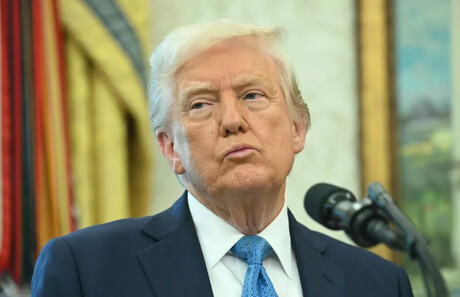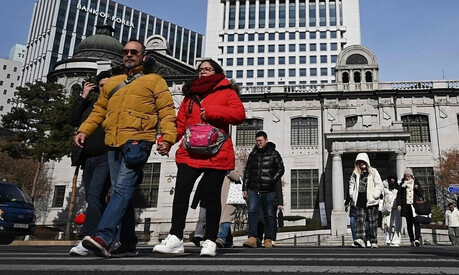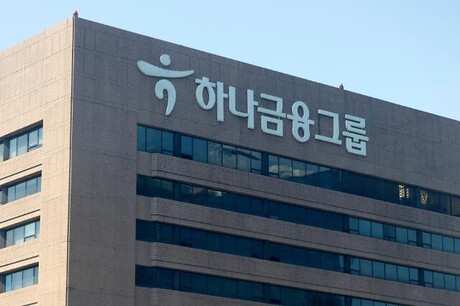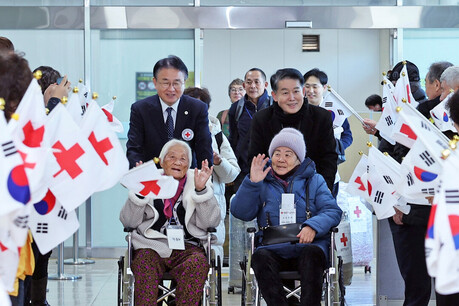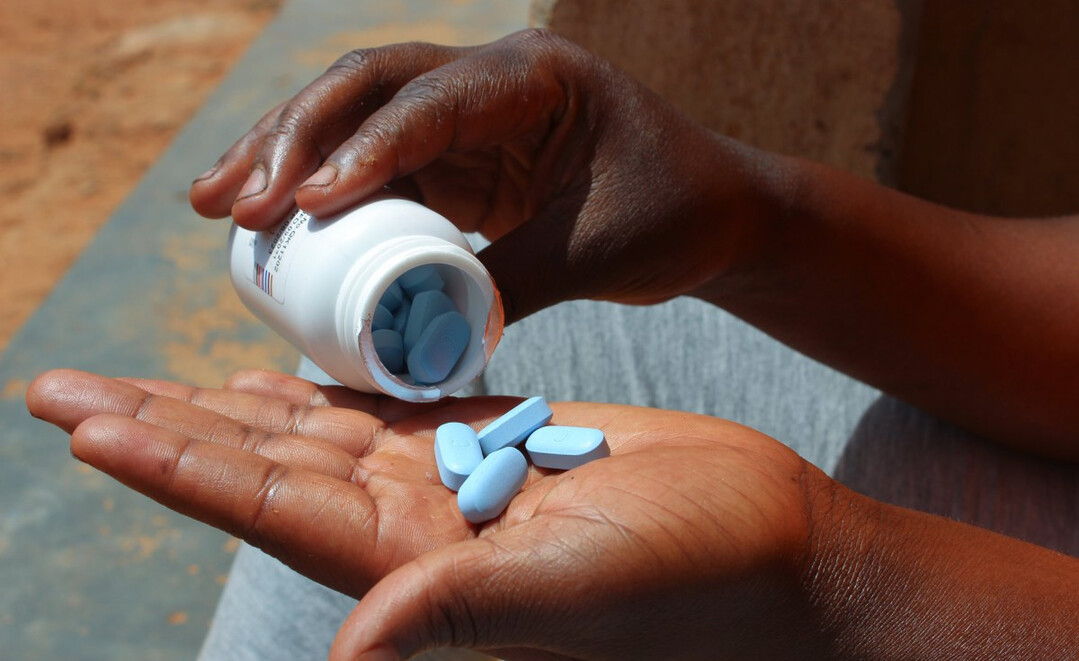
BLANTYRE, MALAWI – A recent 90-day freeze on U.S. foreign assistance, initiated by the previous administration, has placed the academic futures of numerous students in Malawian public universities in jeopardy. These students, who rely on funding from the United States Agency for International Development (USAID), have been instructed by their universities to either secure alternative financial support or withdraw from their studies.
The funding freeze has significantly impacted several institutions, including the Lilongwe University of Agriculture and Natural Resources, Mzuzu University, Kamuzu University of Health Sciences, and the Malawi University of Science and Technology (MUST). These universities have benefited from USAID support for a range of programs, from curriculum development to student scholarships.
James Mphande, the communications manager at MUST, described the situation as a serious setback, noting the suspension of multiple USAID-funded projects. He expressed concern that while current semester funding might be secure, students face the risk of withdrawal in future semesters if alternative funding cannot be found.
For some students, the impact is already being felt. Patience Yamikani Chakwana, a first-year business information technology student at MUST, shared her distress, explaining that the suspension came before her stipend for daily expenses was disbursed. With USAID covering her tuition, accommodation, and providing crucial funds for groceries and internet access, Chakwana is now relying on borrowed money to survive.
Malawi’s Minister of Higher Education, Jessie Kabwila, acknowledged the challenges posed by the funding freeze. However, she emphasized the government’s commitment to supporting affected students. Kabwila stated that Malawi is actively seeking partnerships with local private sector organizations and international partners, citing existing agreements with Morocco and the Czech Republic, and plans to engage with other nations.
Alexander Kude, deputy director for the Commonwealth Students Association, suggested that this situation serves as a critical lesson for developing nations. He urged greater investment in education and a reduction in reliance on foreign aid. Kude questioned why countries couldn't independently fund education initiatives, rather than depending on external sources.
The 90-day review of USAID spending, enacted by the previous administration, is scheduled to conclude on April 20th. The outcome of this review will determine the long-term impact on Malawian students and the future of USAID-funded programs in the country.
[Copyright (c) Global Economic Times. All Rights Reserved.]
















